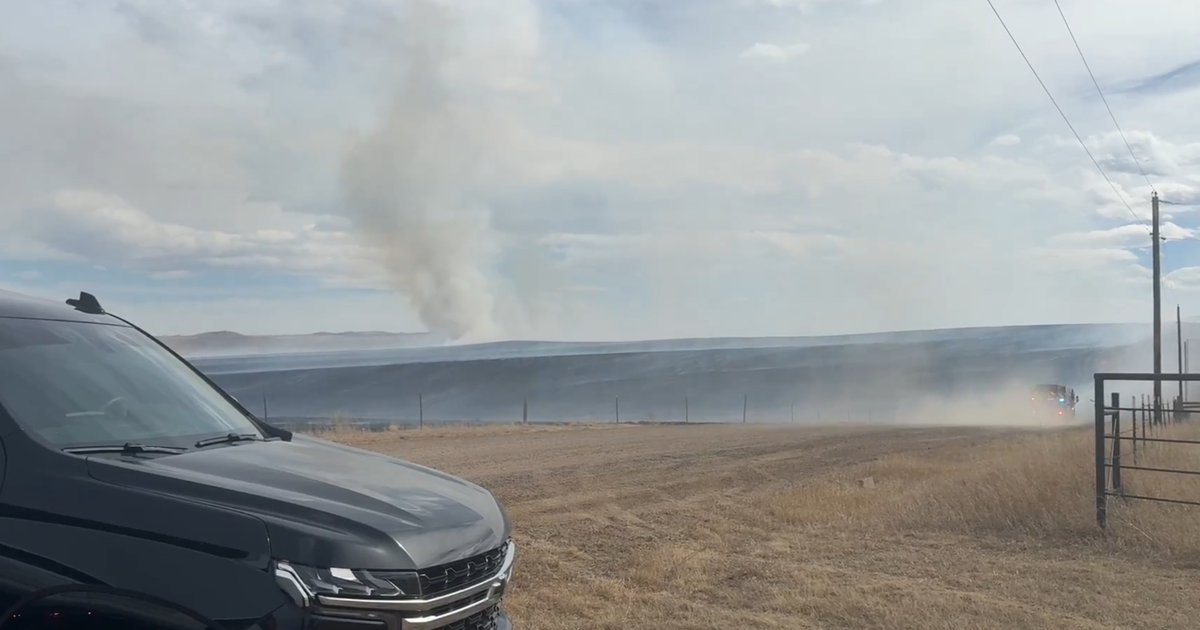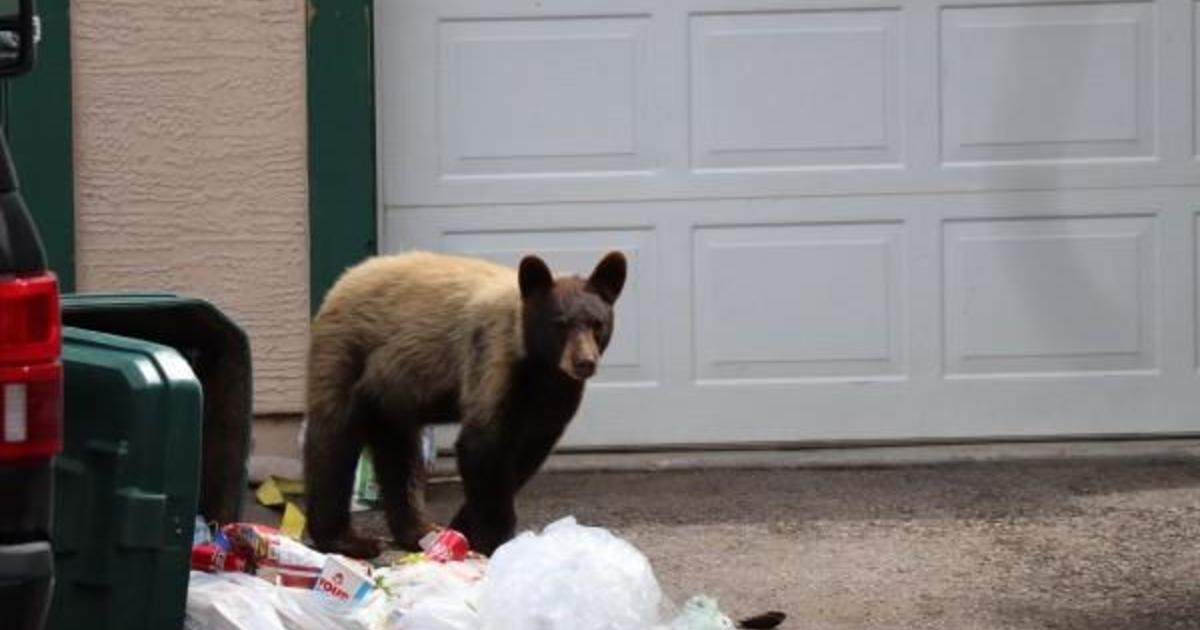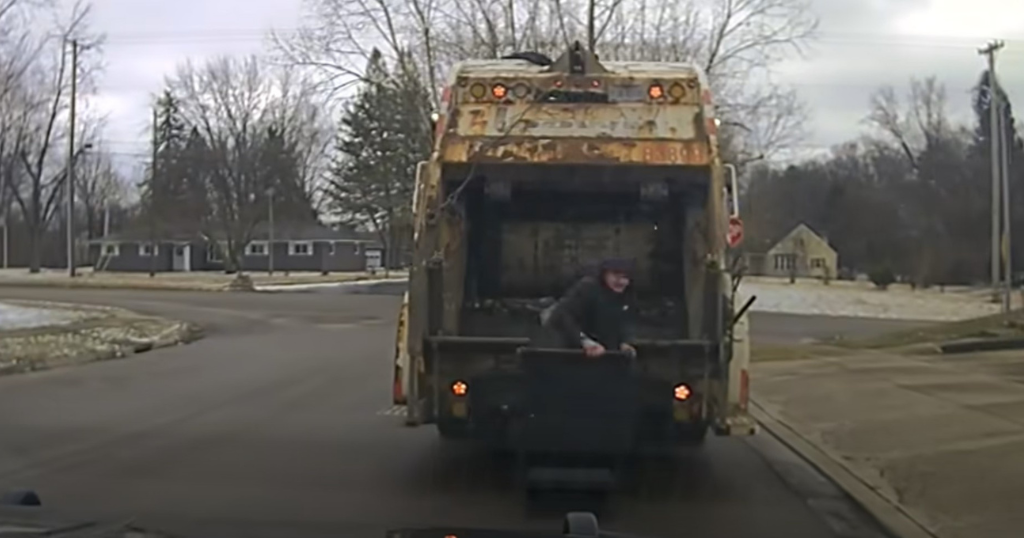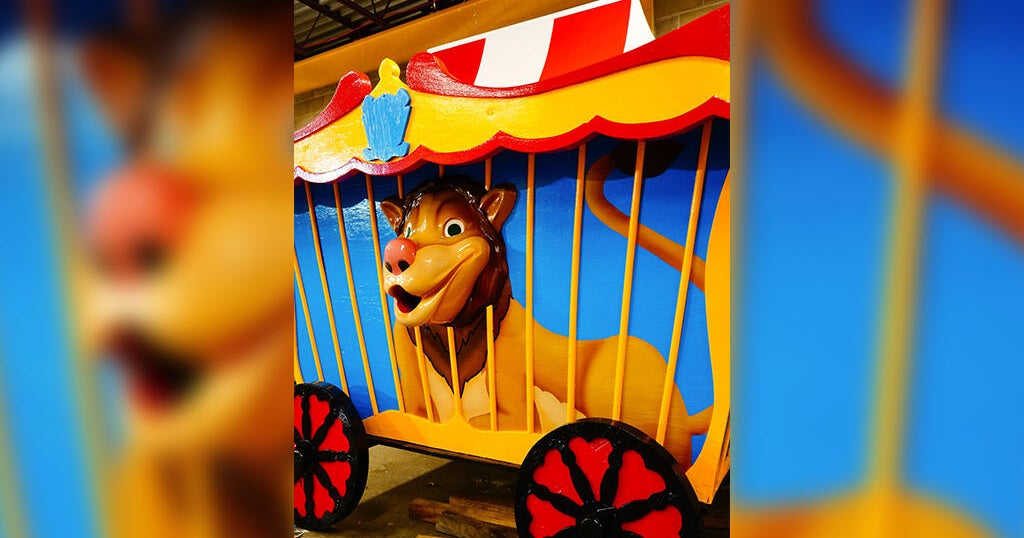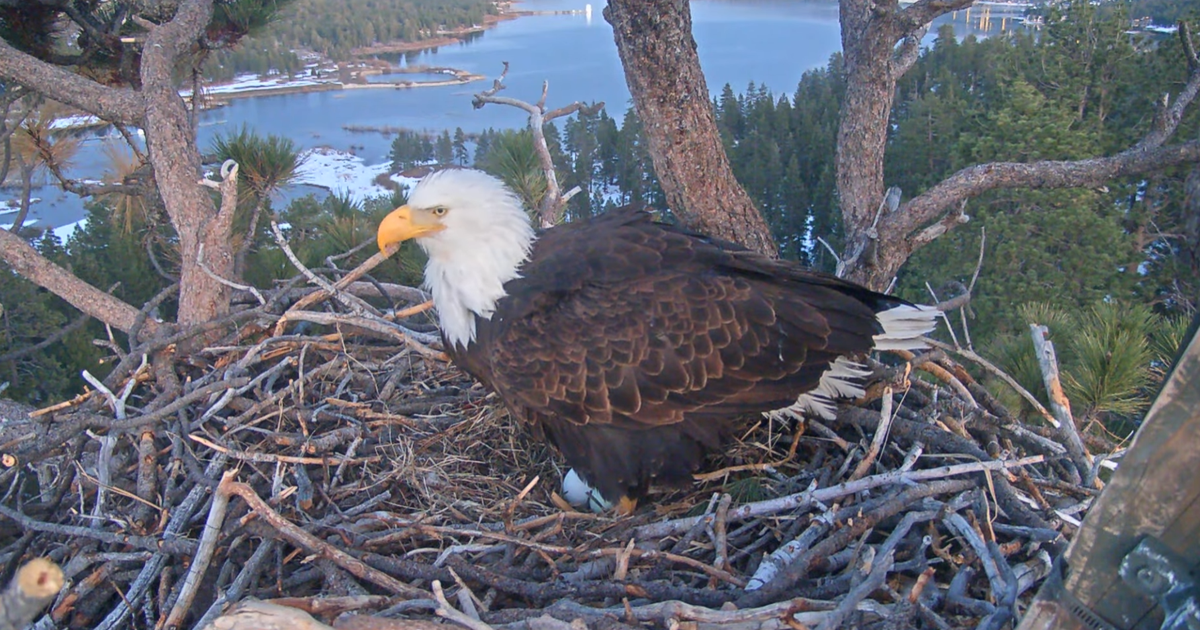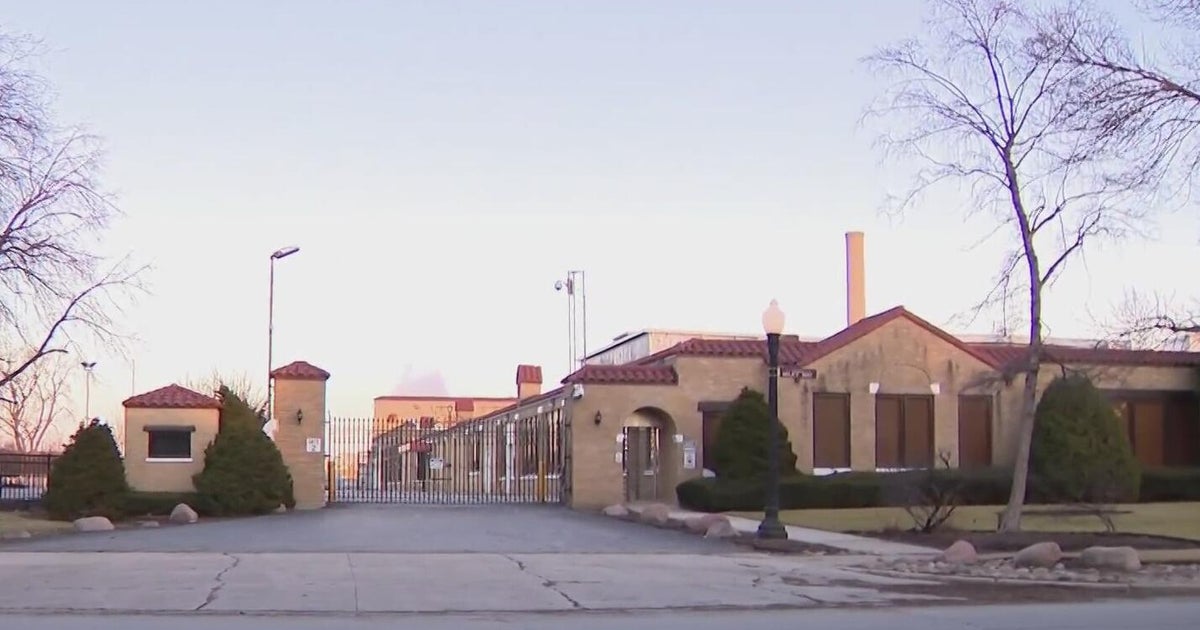Bear-Proofing Trash: Colorado Parks And Wildlife Urges Residents To Push For Local Rules
FRISCO, Colo. (CBS4) -- A video taken in Frisco shows just how easy it is for a bear to get into a regular trash can -- and experts warn that the next place they look for a meal may be inside your house. Wildlife officials are urging people who live in bear country to push for local regulations requiring bear-proof trash cans.
The neighbor who took the video went over and stood up the trash can after the bear left, but says it came back and knocked it over again.
It's a good reminder that bears are looking for the easiest meal available -- and once they find food, they will return looking for more.
"Bears that find food around your home or in your community often lose their natural wariness of people. Once they find garbage, the next place they may look to for more food is inside your home," Jason Clay with Colorado Parks and Wildlife warned.
Clay said one-third of the 10,000-plus bear reports CPW received over 2019 and 2020 involved trash.
"Trash is by far the leading cause of bear habituation, and open dumpsters or unsecured trash cans provide an all-you-can-eat buffet when left unsecured," Clay stated.
"Communities or HOAs can help reduce human-bear conflicts and avoid attracting bears to your neighborhood or property by enacting a trash ordinance," Clay explained.
Clay said the use of bear-resistant trash cans is highly recommended for people living in bear country.
"Residents should not place their trash out to the curb until the morning of collection, and at all other times it needs to be locked in a secure enclosure."
Clay says there is no "one size fits all solution" in Colorado, but the ordinances are most effective when neighboring areas work together.
If you want to start the process to enact a trash ordinance in your community, Clay suggests reaching out to your local wildlife officer.
"How many bears are in your community, what factor does trash play, are there other attractants that can be playing a role where you live? Take that information, work with your local wildlife officer and then go to your governing body and make the case," he stated.
